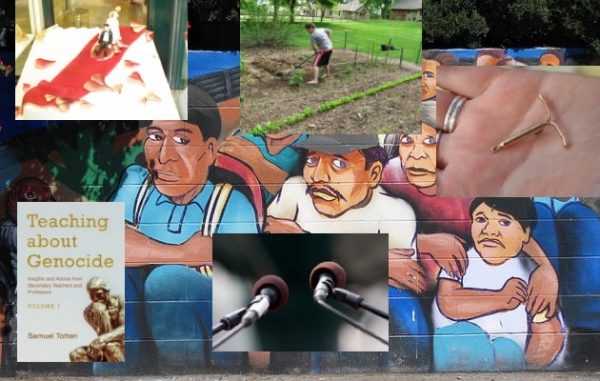 Hello friends! This week we’ve got research on political polarization, cross-class marriages, and the relationship between gender, reproductive decision-making and mental health. We’ve also got some great sociological takes on child support, as well as the decision to give kids an allowance.
Hello friends! This week we’ve got research on political polarization, cross-class marriages, and the relationship between gender, reproductive decision-making and mental health. We’ve also got some great sociological takes on child support, as well as the decision to give kids an allowance.
There’s Research on That!:
“Cross-Class Marriages and Families,” by Amy August and Caity Curry. It’s almost Valentine’s Day and we’ve rounded up research on marriages between people with different class backgrounds.
“The Political Polarization Phenomenon,” by Allison J. Steinke. It seems like political polarization is everywhere, so we rounded up social science research on how we define political polarization and how much really exists.
Discoveries:
“Gender, Mental Illness, and Reproductive Decision Making,” by Caity Curry. New research in Society and Mental Health finds that mental health professionals use both coercive and non-coercive techniques in facilitating reproductive decisions for their clients diagnosed with mental illnesses like schizophrenia and major depression.
Clippings:
“Focus On The People, Not The Wall,” by De Andre’ T. Beadle. In a recent op-ed for the MinnPost, an interdisciplinary team of expert immigration scholars at the University of Minnesota reflects on administrative changes to the ‘public charge’ rule and its potential consequences.
“Childhood Chores as Community Obligations, Not Monetary Exchanges,” by Jean Marie Maier. The Atlantic talks to Heather Beth Johnson about community, inequality, and giving children allowances.
From Our Partners:
Sociological Images:
“Doing Gender with Backpacks,” Jacqui Frost.
Contexts:
“The Deadbeat Presidency,” by Rodrigo Dominguez-Martinez.
Council on Contemporary Families:
“Who Goes to Jail for Child Support Debt?” Elizabeth Cozzolino.
Social Studies MN:
“Gendered Partisanship in the US House,” by Allison J. Steinke.
And a Few from the Community Pages:
- Center for Holocaust and Genocide Studies features a valuable teaching resource.
- Cyborgology ponders opposing barometers between the digital news media and influencers.
- Dispatches from a Dean highlights an article about how misunderstandings of “Black English” can have serious consequences.

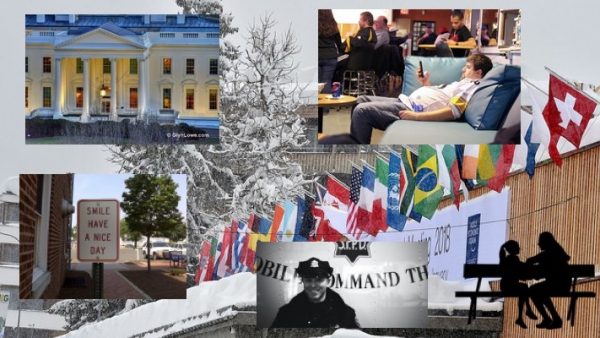 Welcome back! We’re thrilled to announce the winner of our 2018 ‘Teach with TSP’ contest, Dr. Meghan Krausch! In new content, we’ve got research on food and sports, development and intervention in the Global South, and stepchildren’s views of former stepparents.
Welcome back! We’re thrilled to announce the winner of our 2018 ‘Teach with TSP’ contest, Dr. Meghan Krausch! In new content, we’ve got research on food and sports, development and intervention in the Global South, and stepchildren’s views of former stepparents.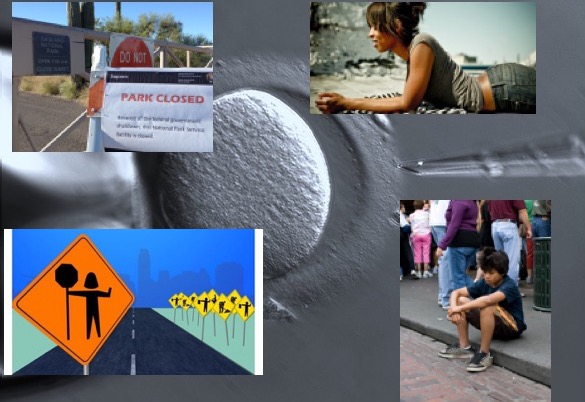 Hi Everyone! We’re gearing up for another great semester here at TSP headquarters. This week we’re featuring our final honorable mention winner for our ‘Teach with TSP’ contest. Come back next week to see the winning submission! In new pieces, we’ve got research on the social experiences of infertility, why children re-enter the foster care system after being reunited with their parents, and the marriage market gap.
Hi Everyone! We’re gearing up for another great semester here at TSP headquarters. This week we’re featuring our final honorable mention winner for our ‘Teach with TSP’ contest. Come back next week to see the winning submission! In new pieces, we’ve got research on the social experiences of infertility, why children re-enter the foster care system after being reunited with their parents, and the marriage market gap.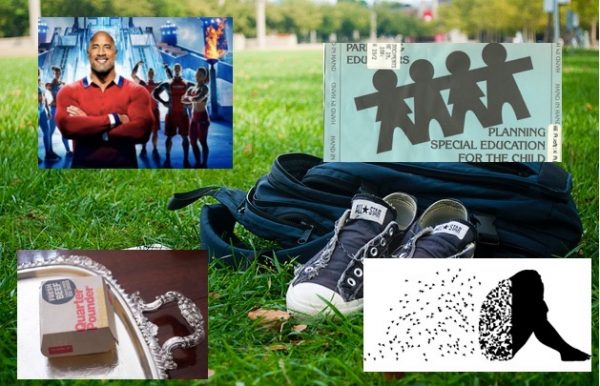 Welcome back! This week we’re featuring another honorable mention from our ‘Teach with TSP’ contest about doing gender with backpacks. We also revisit sexual double standards and the precarious work of formerly incarcerated individuals. In new work, we’ve got sociological takes on intensive parenting, reflections on fast food in the White House, and new study on American intimacy.
Welcome back! This week we’re featuring another honorable mention from our ‘Teach with TSP’ contest about doing gender with backpacks. We also revisit sexual double standards and the precarious work of formerly incarcerated individuals. In new work, we’ve got sociological takes on intensive parenting, reflections on fast food in the White House, and new study on American intimacy.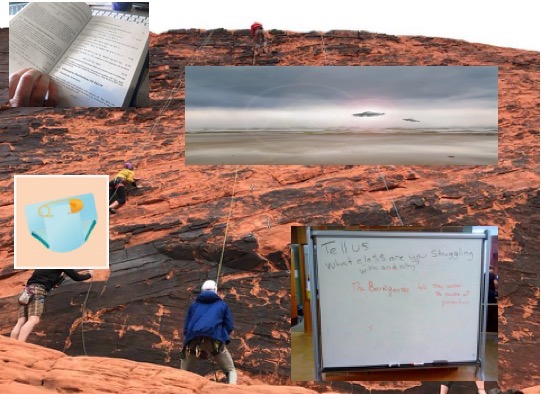 Hello! This week we’re excited to announce the first honorable mention from our Teaching with TSP contest! Lydia Hou uses TSP content to get students thinking about small changes that can make big differences for people’s health and well-being. We’ll be sharing more of our honorable mentions in the next couple weeks leading up to the announcement of our contest winner. In other new content this week, we’ve got new research on the age-old question, “do we really need to learn math?” In addition, you can find sociological perspectives on what its like to care for a baby while living in poverty, and the relationship between sexism and the names of rock climbing routes.
Hello! This week we’re excited to announce the first honorable mention from our Teaching with TSP contest! Lydia Hou uses TSP content to get students thinking about small changes that can make big differences for people’s health and well-being. We’ll be sharing more of our honorable mentions in the next couple weeks leading up to the announcement of our contest winner. In other new content this week, we’ve got new research on the age-old question, “do we really need to learn math?” In addition, you can find sociological perspectives on what its like to care for a baby while living in poverty, and the relationship between sexism and the names of rock climbing routes.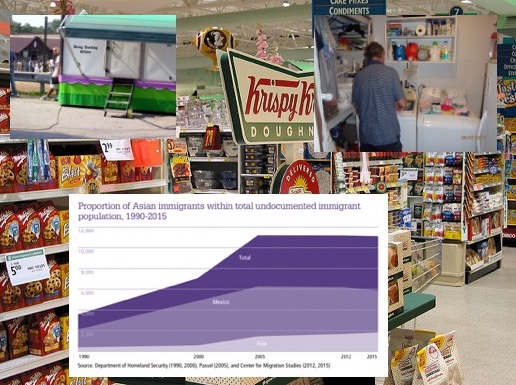 Hello again! We’ve got more *Best of 2018* posts for you this week, including research on the relationship between drug testing policies for welfare recipients and white labor force participation, as well as research on why poor parents say yes to junk food. We’ve also got new posts covering the stalled gender revolution and undocumented Asians.
Hello again! We’ve got more *Best of 2018* posts for you this week, including research on the relationship between drug testing policies for welfare recipients and white labor force participation, as well as research on why poor parents say yes to junk food. We’ve also got new posts covering the stalled gender revolution and undocumented Asians.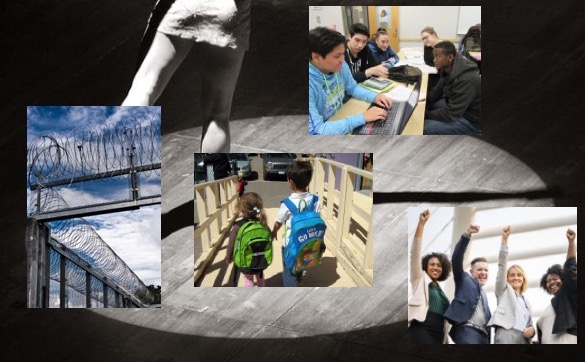 Welcome back! It’s our last roundup of 2018 and we’ve got our *Best of 2018* in full swing. This week we feature research on sexual violence behind bars and how children learn rules for romance in preschool. We’ve also got sociological takes on racial demographic projections and the gender gap in politics.
Welcome back! It’s our last roundup of 2018 and we’ve got our *Best of 2018* in full swing. This week we feature research on sexual violence behind bars and how children learn rules for romance in preschool. We’ve also got sociological takes on racial demographic projections and the gender gap in politics.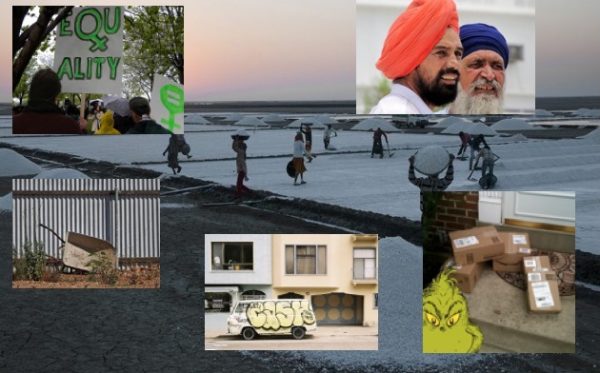 Looking for some reading material for your winter break? We’ve got you covered. This week we’ve got research on victim rights movements, the relationship between a country’s use of cash and robbery rates, and how cleaning up neighborhoods could help reduce violence. We’ll also be rolling out our *Best of 2018* over the next few weeks, so you can catch up on all the great posts from the year. Enjoy!
Looking for some reading material for your winter break? We’ve got you covered. This week we’ve got research on victim rights movements, the relationship between a country’s use of cash and robbery rates, and how cleaning up neighborhoods could help reduce violence. We’ll also be rolling out our *Best of 2018* over the next few weeks, so you can catch up on all the great posts from the year. Enjoy!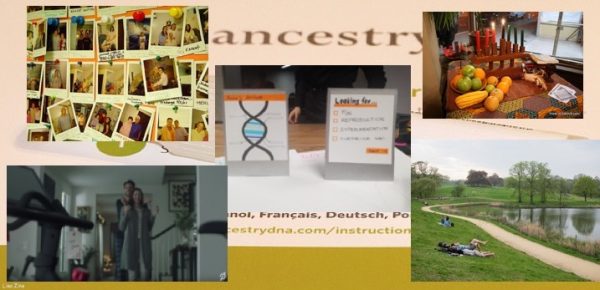 Welcome back! This week we’ve got new pieces on how consumers interpret ancestry DNA test results, how green space may help reduce crime rates, and the surprising way social support matters for cancer treatment.
Welcome back! This week we’ve got new pieces on how consumers interpret ancestry DNA test results, how green space may help reduce crime rates, and the surprising way social support matters for cancer treatment.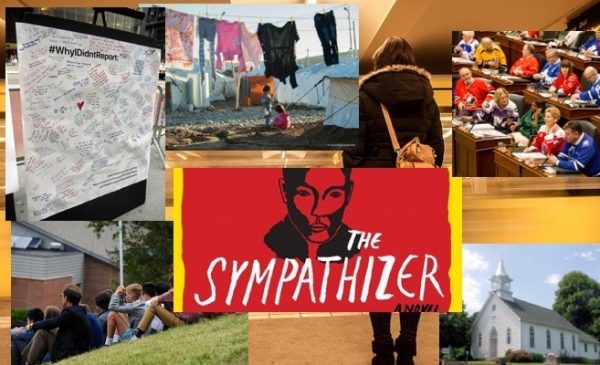 Welcome back! A big thank you to everyone who submitted to our Teach with TSP contest! Stay tuned as we review the submissions. In new content this week, we’re featuring social science research on distant war and selective empathy, elite education, and social barriers to reporting sexual assault. And check out the
Welcome back! A big thank you to everyone who submitted to our Teach with TSP contest! Stay tuned as we review the submissions. In new content this week, we’re featuring social science research on distant war and selective empathy, elite education, and social barriers to reporting sexual assault. And check out the